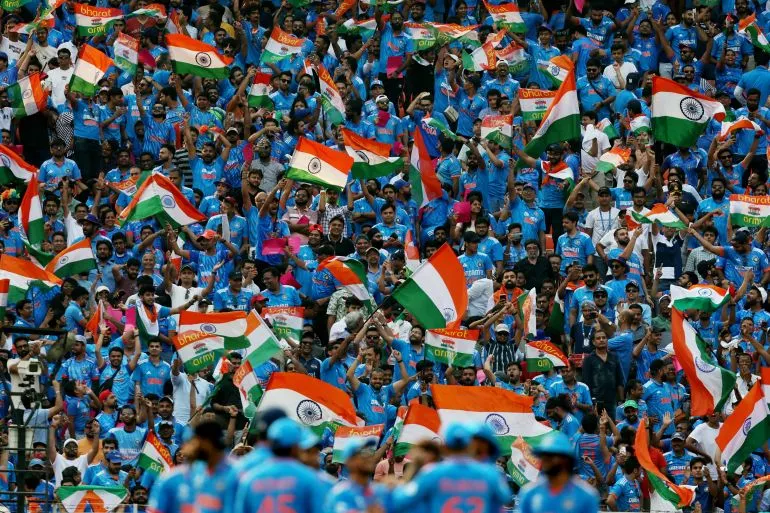
The build-up to the much-anticipated India vs Pakistan Asia Cup 2025 encounter has been overshadowed by rising calls for a boycott, as emotions run high in the wake of the Pahalgam terror attack. Aishanya Dwivedi, widow of one of the victims, has publicly urged that the match be called off, calling it an affront to the memory of those killed. She appealed to the public to neither attend the game nor watch it on television, framing the fixture as a moral issue rather than a mere sporting contest.
Her statement has ignited a wave of public support online, with hashtags such as #BoycottINDvPAK trending across social media. Many fans argue that playing Pakistan so soon after the attack sends the wrong message and undermines the grief of the victims’ families. The growing anger has led to sluggish ticket sales for the game and some sections of the crowd have even announced plans for peaceful protests on match day.
Political voices have added fuel to the fire. Opposition leaders have attacked both the central government and the BCCI, accusing them of placing commercial and cricketing interests above national sentiment. Some have demanded symbolic gestures of respect, while others have gone as far as urging India to forfeit the fixture as a mark of protest. The ruling establishment, however, maintains that participation is unavoidable since this is a multilateral ICC event, and skipping the match could result in penalties and point deductions that would hurt India’s campaign.
Within cricketing circles, the mood appears divided. Several former cricketers and commentators have echoed Aishanya’s plea, arguing that cricket should not be played in isolation from national sentiment. Others, however, believe that sport should serve as a bridge rather than a casualty of strained ties, warning that cancelling the match would set a difficult precedent for the future.
Sponsors and broadcasters, who have invested heavily in the marquee clash, now find themselves in an uncomfortable position. The BCCI faces increasing pressure to release a formal statement addressing the outrage and offering some form of solidarity with the victims’ families. Even if the match proceeds as scheduled, its tone is likely to be subdued, with security heightened and political symbolism dominating the conversation.
This controversy has turned what is usually cricket’s biggest spectacle into a flashpoint for national sentiment. Whether India takes the field or not, the debate surrounding the match has already ensured that it will be remembered less for the runs scored or wickets taken and more for the question it has raised about the role of sport during times of tragedy. The result, for many, has become secondary to the principle at stake.
12BET Shortlisted for Sportsbook Operator of the Year at SBC Awards 2025

